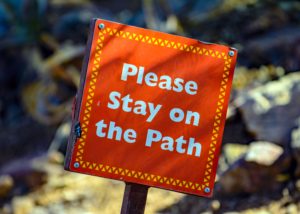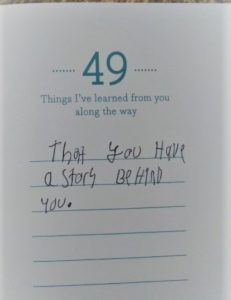
Image by Artem Chunaev from Pixabay
It’s a rainy Saturday in February and I’m sitting in my car, in an empty parking lot, with a notebook in my lap. Usually I go to the coffee shop on weekend mornings to write, but today I’m feeling a little under the weather.
I probably should have stayed home, but my habit of leaving the house to write is so deeply ingrained, and the parking lot is just across the street. There’s warm air blowing softly from the vents and the sound of rain pattering down on the windshield.
Maybe I won’t write anything good, but maybe I will.
Maybe I’ll write the sentence that leads me into my next story, and maybe that story will be the best one yet.
Maybe I’ll write a few messy pages that will later need to be reworked several times, but at least I’ll have something to work with.
Maybe I’ll write the outline of an essay that I won’t be ready to draft for another year, maybe two, but it’s a start.
Maybe I’ll write a whole poem, beginning to end, one of those surprising pieces that arrives fully formed and perfect as-is, and maybe I’ll keep that one for myself.
What I won’t do is leave this parking lot without writing anything. Because every time I put pencil to paper and create something good, I wonder, what if I’d chosen not to write today? What if I’d stayed home?
What if I gave up after fifteen minutes of staring out a windshield on a gray and cloudy morning, thinking I had nothing to say?
Then I wouldn’t have this. This sentence, this poem, this beginning.























Connect With Me